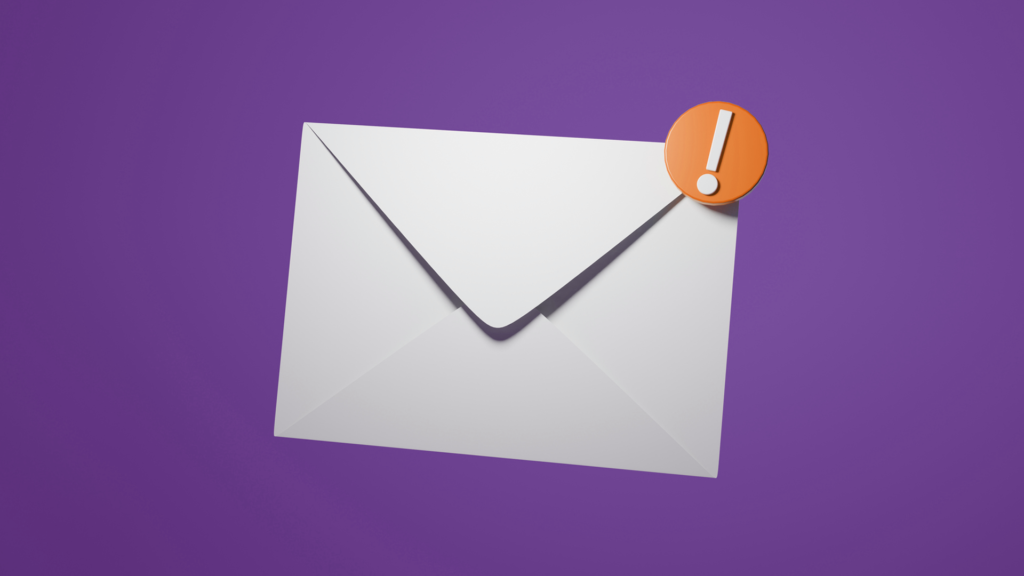

Key Takeaways
- Let colleagues know about vacation dates and define what constitutes an emergency.
- Declutter your inbox and set expectations with out-of-office and status messages.
- Avoid canceling plans. Hold your boundaries and coach team members to self-sufficiency while designating a go-to manager in your absence.
- Schedule a catch-up day to ease back in.
Listen: How to unplug from work while you're on vacation.
Finding it difficult to unplug from work? When you think of taking time off work, what comes to mind? Do you imagine traveling? Spending quality time with family and friends? Maybe even indulging in a little self-care? Or do you picture a mad rush on your last day in the office, the constant check-ins with your team, and the avalanche of emails and messages that you'll find waiting on your first day back?
If you're anything like me, it's a bit of both. I truly want to unplug. I've read all about the benefits of taking time off work—feeling more engaged, more creative, and less burned out. Yet, it's still really tough to make it happen.
Through trial and error over many years as an individual contributor and manager, I've figured out what works for me—how to disconnect from work and stress less when I take time off. Here are seven strategies I've learned that you can try for yourself:
1. Let your colleagues know you're taking time off
Once your time off is approved, don't feel shy about sharing your vacation dates with others. Beyond an initial heads-up, it's important to remind your team in the weeks leading up to your time away. Don't hesitate to bring it up in project planning meetings, team updates, and 1:1s. This is helpful for a few reasons. First, you can discuss what tasks need to be handled while you are away and figure out who can cover them. Second, you are setting the example to others on your team that it is okay to take time off and you don't need to hide your need for a break. (Having started my career during the rise of hustle culture, this was particularly challenging for me!)
2. Define what are and aren't emergencies

It feels good to be seen as a critical team member, someone who's needed to solve problems—that's natural. But most of the “issues” I've been contacted about during my vacations could have easily waited until I returned. My advice is to get clear with your manager and team about what constitutes a true emergency, and how you want to be contacted if one arises. When I struggle to hold this boundary, I remind myself that although my job is important, most things can wait until I get back.
3. Declutter your inbox
Returning to an overflowing inbox is one of the most stressful aspects of taking vacation from work. Even just anticipating what my inbox might look like makes my heart pound a bit faster.
Though I can't control how many emails I receive, I can control how I organize and triage the messages I get.
I use the week or two leading up to my vacation to update my email filtering rules and make sure that non-critical messages skip my inbox. I also turn off the automated alerts I don't need and end up ignoring. These methods help me focus on the most important emails, so I'm not distracted by everything else.
4. Set expectations with out-of-office and status messages

I used to have an elaborate out-of-office message that practically apologized for unplugging from technology. Now I keep it short and sweet. You don't need to share why you're taking a day off. You don't need to promise to check messages while you're out. And you don't need to share your mobile number for “urgent” issues. You can simply include the dates you'll be out, the person or team to contact in your absence, and that you'll follow up when you return. Don't forget to update your status and mute notifications in apps like Slack and Google Chat so you're not tempted by their constant pings and dings.
5. Think twice before canceling your plans
It might seem easier just to cancel or rearrange your plans. It would certainly alleviate some of the stress you're feeling in the weeks leading up to your vacation. But I would urge you—don't cave under the pressure. Doing so sets a dangerous precedent. It communicates that your work priorities are more important than your personal well-being.
You deserve to take time off.
And if you don't tend to your personal life, your professional life will eventually suffer. While it might be inconvenient for your company when you're out of the office for a week or two, it will be much more inconvenient when you burn out, leave, and need to be replaced.
6. Hold the boundaries you've set

As uncomfortable as it may feel, you need to keep the boundaries you've set or you'll end up doing work on vacation. Especially if you're a manager, it's not just about supporting your team when they disconnect from work but also about taking time off to disconnect yourself. Otherwise, you're sending a mixed message. You can prepare your team by coaching them to be self-sufficient, designating another manager as the go-to when you're away, and ensuring everyone understands when to contact you and when to move forward without you. Then stay offline as much as possible, and enjoy your break.
7. Ease back in with a catch-up day
This is one of my favorite strategies. Depending on how long you've been out, give yourself time to catch up by blocking off a half or a whole day on your first day back. You should use this time to read and respond to email and chat messages, review the progress of any projects or initiatives, and just generally get back up to speed. Whenever possible, I would also recommend declining meetings and postponing 1:1s on your first day back. This time helps me get my bearings with less pressure on my shoulders, and I feel more prepared when I jump back in at full speed.
Note: DO NOT schedule your catch-up day for your last day of vacation—it defeats the purpose.
Even with all of these strategies in my back pocket, and my experience working in a very supportive environment, I still sometimes feel the pressure, mostly self-imposed, to stay plugged in. That's when I remind myself of these three simple truths:
- I'm a human, not a robot.
- Like all humans, I need time to rest and recharge my mind and body.
- When I'm rested, I feel better, I do better, and I perform better in all aspects of my life.
By putting time away from work on the same level of importance as healthy food, quality sleep, and regular exercise, I'm able to let go of any guilt and finally prioritize it in my life. I encourage you to try out this mindset and find the strategies that help you unplug. And don't forget to schedule your next vacation!
Related

Great brand collaborations are the best to strengthen identity.
Design & Experience, Insights & Trends, Marketing & Creative, Beauty and Fashion

Consumer demand and policy are driving EV market growth.
Development & Technology, Insights & Trends, Automotive

Are you missing opportunities to improve health screenings?
Design & Experience, Marketing & Creative, Health
